Subscribers have full access to the expanding library of the European Review of Books.
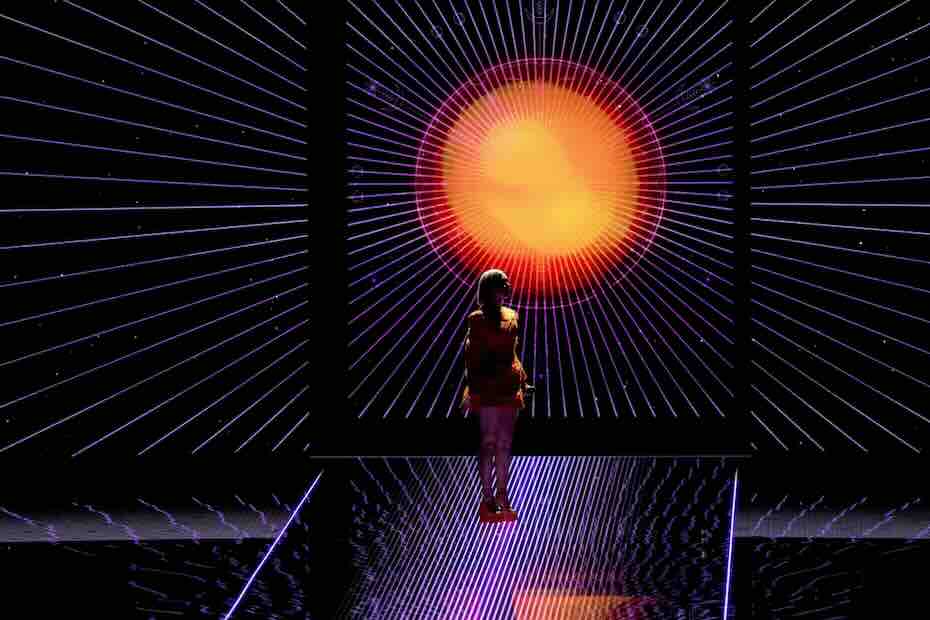
Lithuania has lost the Eurovision Song Contest thirty times.
Lietuva pralaimėjo Euroviziją trisdešimt kartų.
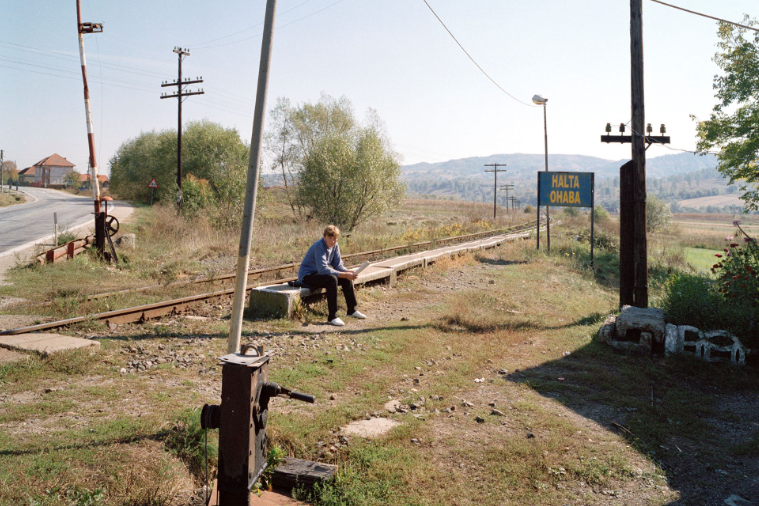
A broad cast of characters who almost all speak to a solitary woe. This is Europe? Ben Judah depicts a continent of islands, hollowed of associational life.
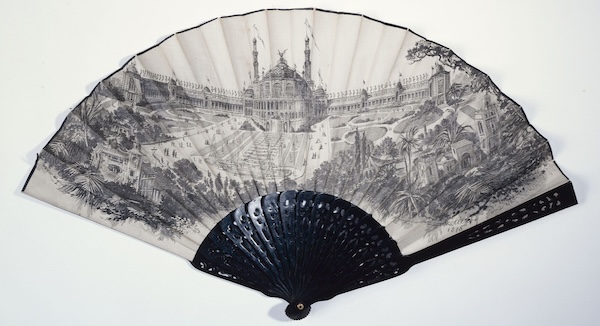
On the Universal Declaration of Human Rights and the Europe of European integration. An excerpt from The Origins of European Integration: The Pre-history of Today’s European Union, 1937–1951.
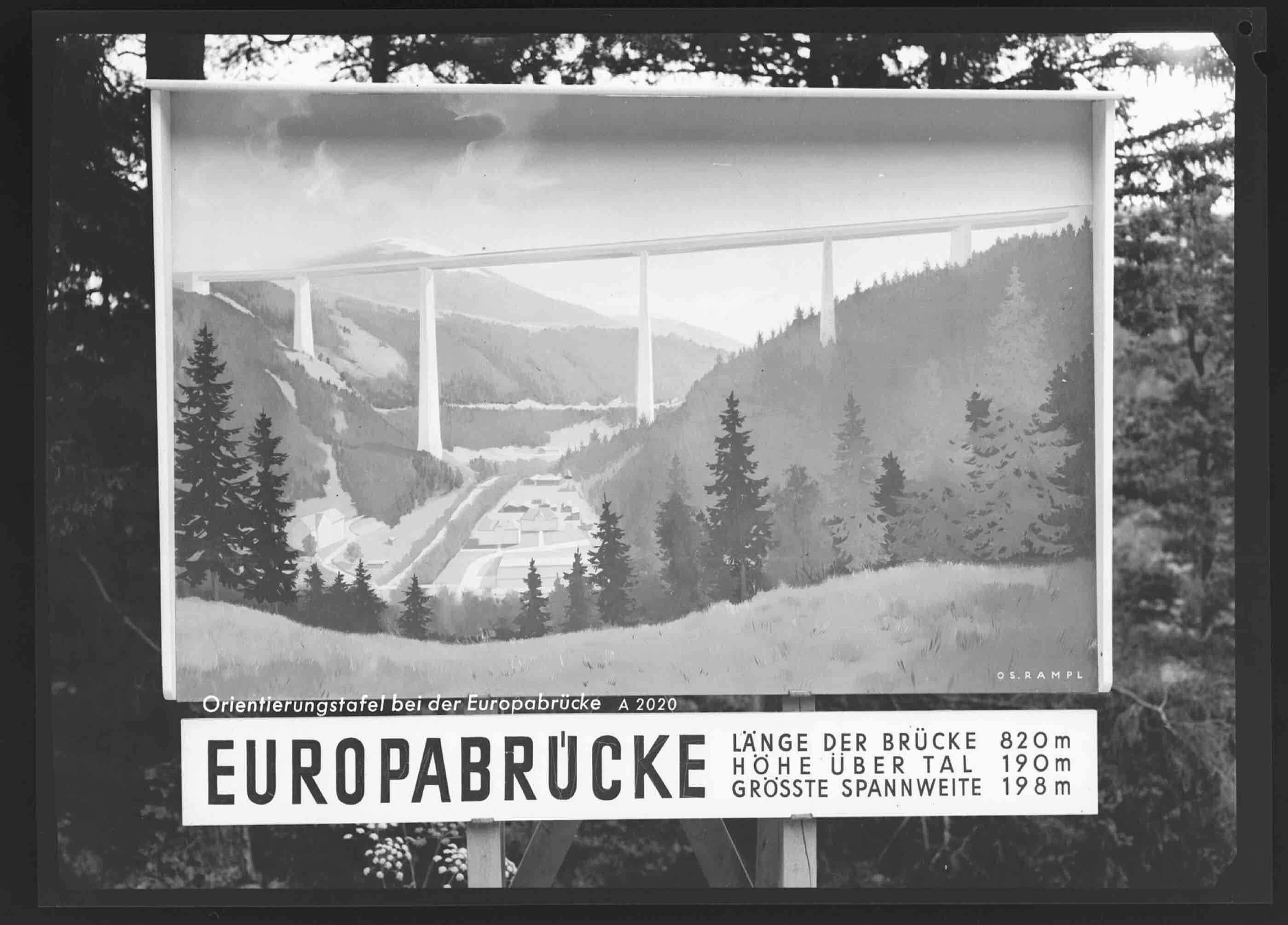
Mission: Impossible and Eurocentric stunts, from Hollywood to Hong Kong. What does an action movie want to be?
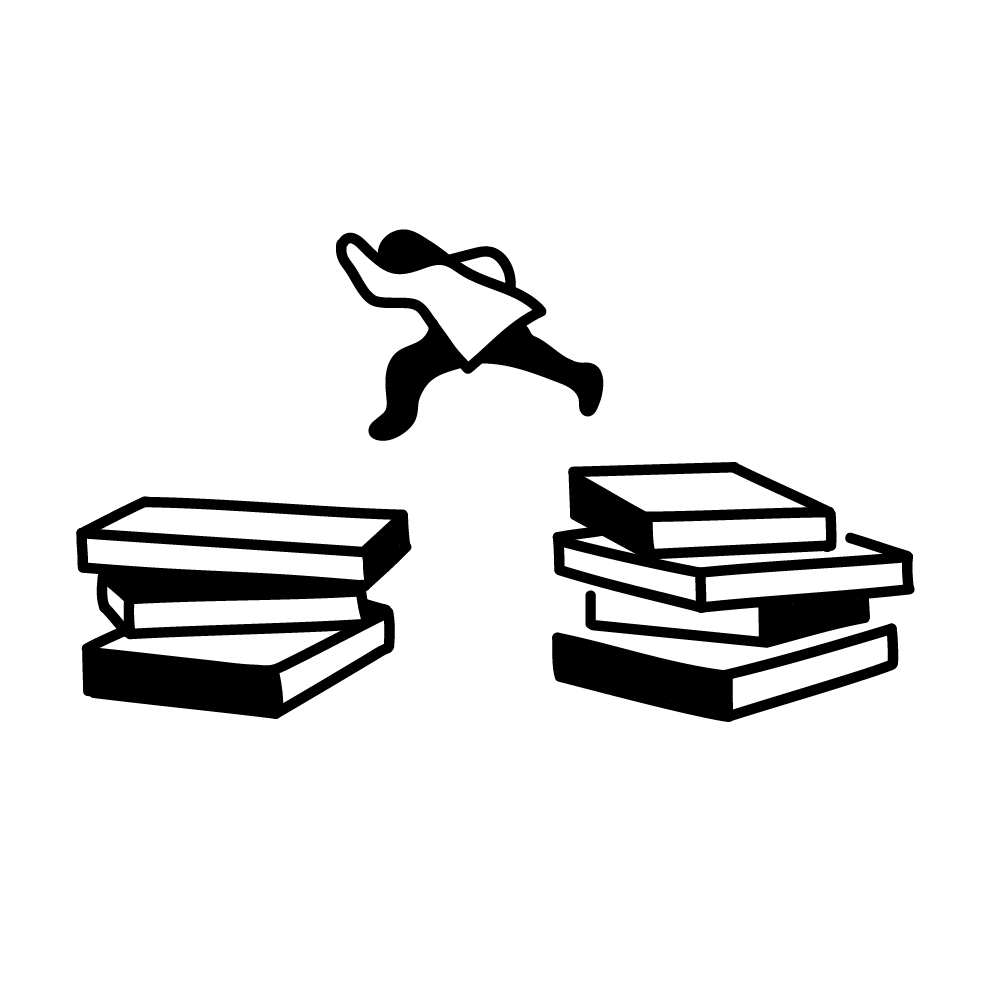
On the travels of Karl-Markus Gauß, and the unlikely guardians of the dream of Europe.
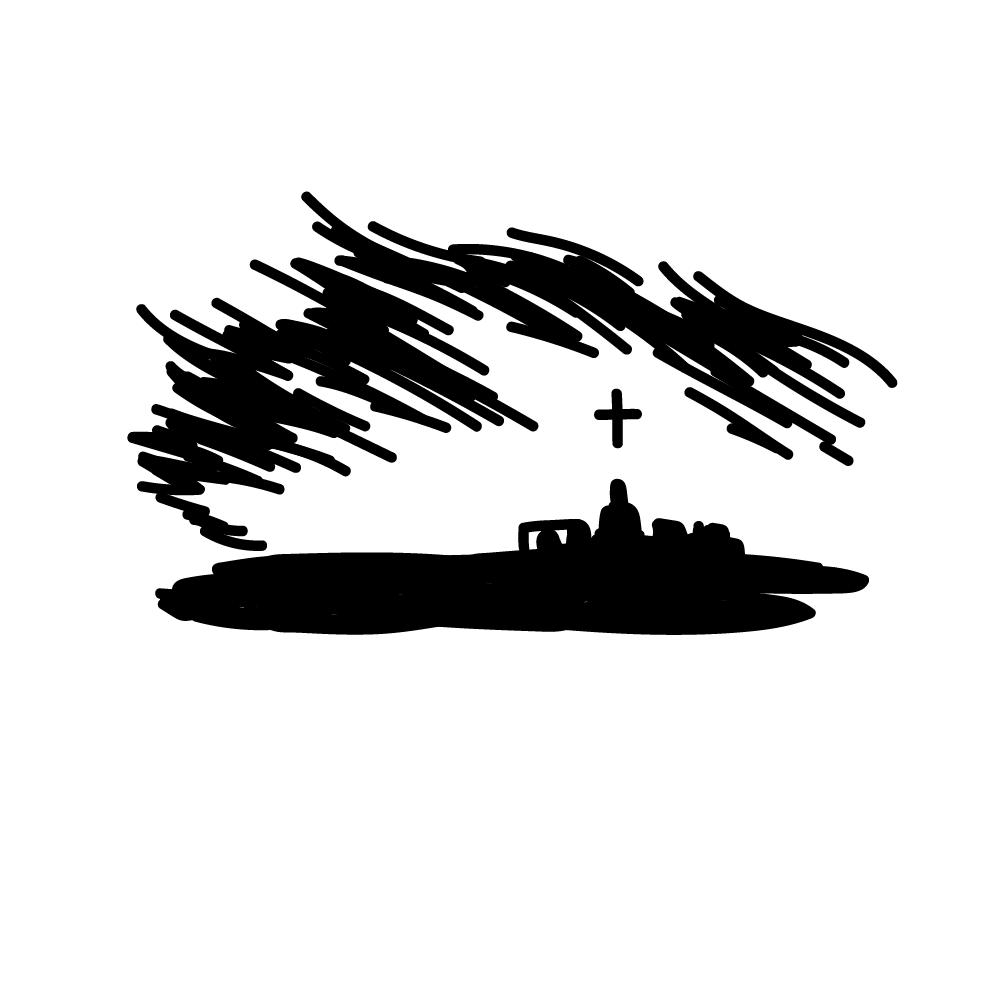
On Curzio Malaparte’s Europe — and ours. The midcentury novelist read anew, on war’s aftermath and transatlantic romance. What was, or is, « postwar Europe », anyway?
Over het Europa van Curzio Malaparte – en het onze. Een nieuwe lezing van het oeuvre van de schrijver, over de nasleep van oorlog en een transatlantische romance. Wat is dit « naoorlogse Europa » eigenlijk?
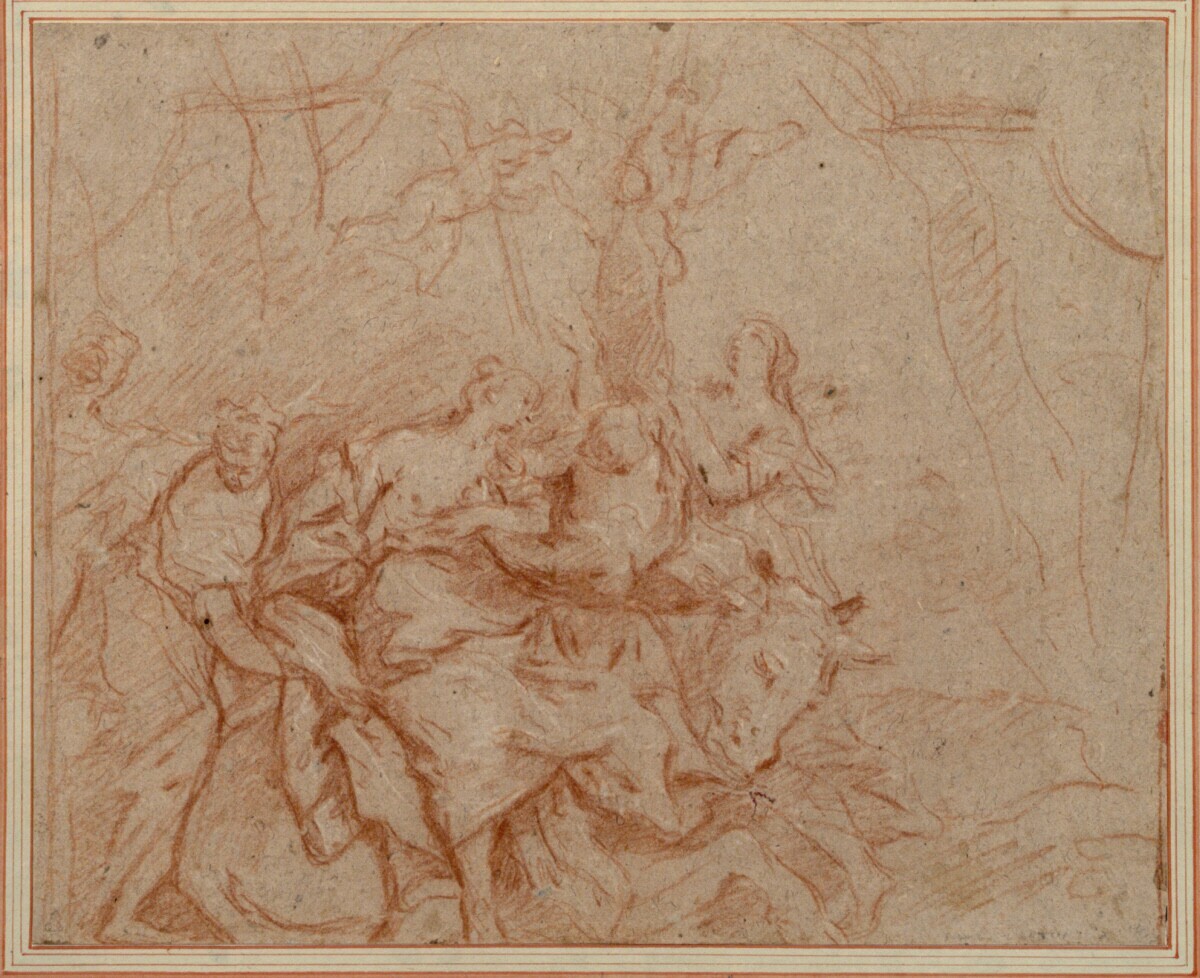
Citizen’s day in Fiesole, December 2021. In the EU, Christian Europe stands in quantum superposition, both here and not here. Can Cretan Europa help us imagine better futures?
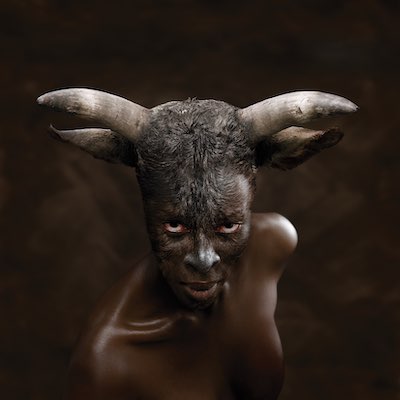
A logo might start as a designer’s whim. Only then does one look for meanings to fill it with. On Europas: mythic, artistic, fictional, political, psychological, satirical, and finally unfinished.
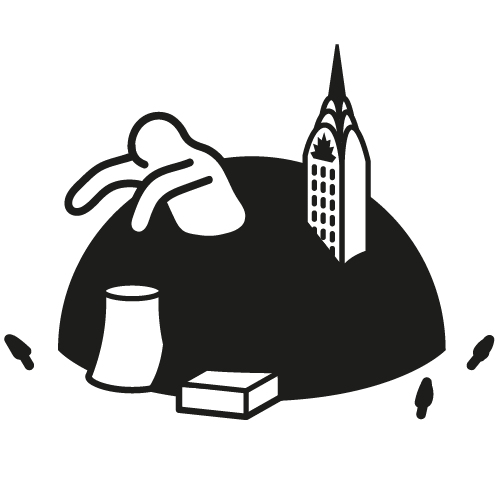
How could it be that despite decades of rigorous European unification, of open borders and largely adjusted standards of living, a virus was able to kill up to 40 times more people in one country than in another, only a few hundred kilometers away?
Wie konnte es sein, dass trotz jahrzehntelanger rigoroser europäischer Einigung, offener Grenzen und weitgehend angeglichener Lebensstandards ein Virus in einem Land bis zu 40 Mal mehr Menschen töten konnte als in einem anderen, nur wenige hundert Kilometer entfernt?
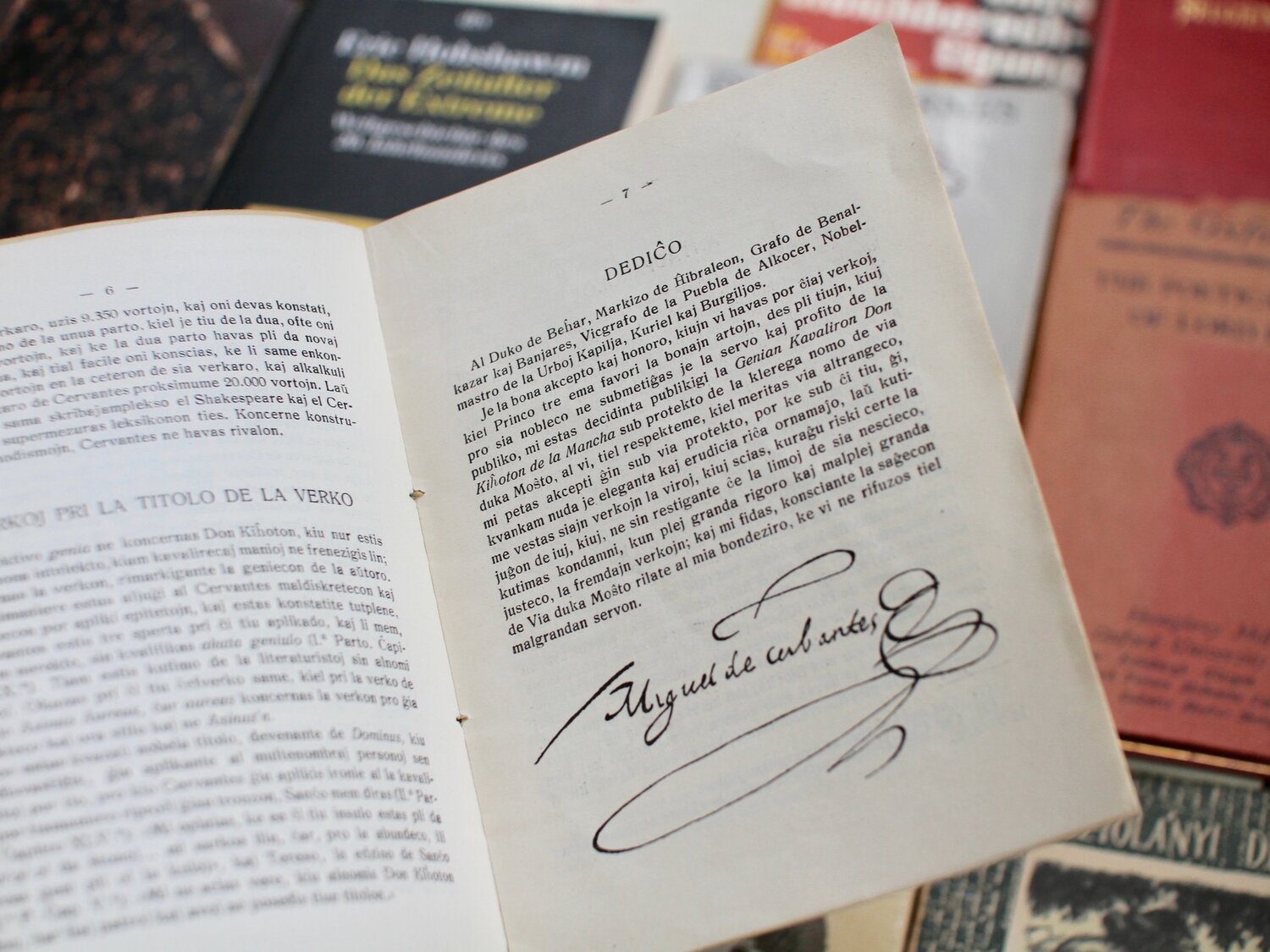
La capital de Europa es, en ese sentido, un espejo cóncavo que devuelve un reflejo concentrado (y algo deforme) de la imagen que proyecta el continente.
Brussels is a concave mirror that returns a concentrated (and somewhat distorted) reflection of the projection of its continent.
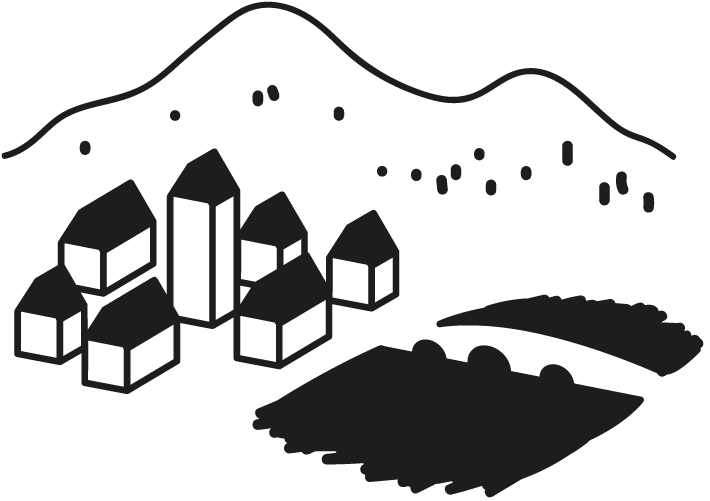
« What if all fictional characters from novels continue to dwell somewhere, just like the dead? » Sewn together, the fragmented narratives of Daniela Hodrová’s City of Torment (Trýznivé město) make something deeply European.
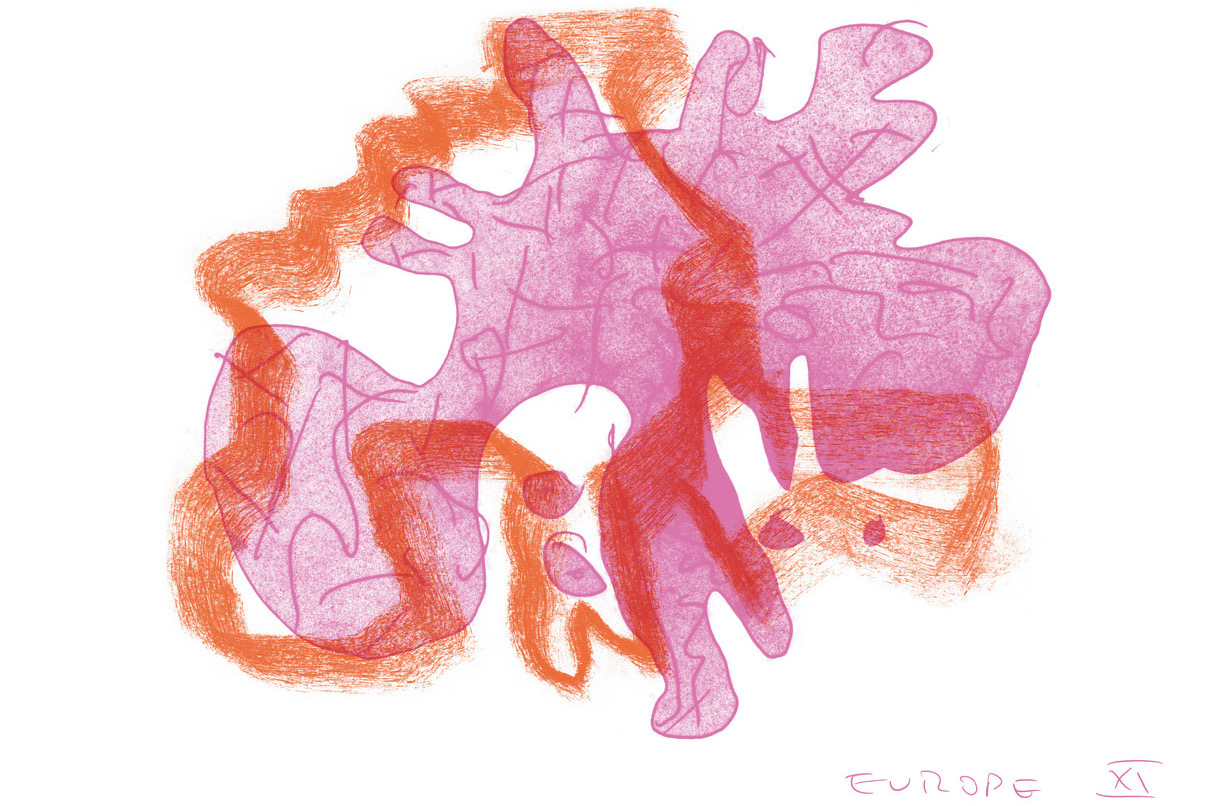
« Europe », drawn from memory or intuition. Thick and thin strokes of charcoal: a nod to the coal and steel on which the polity of modern Europe is founded. But more mystical, too: these drawings represent « the conviction that simple tools can grant us the power to face the god of paper. »
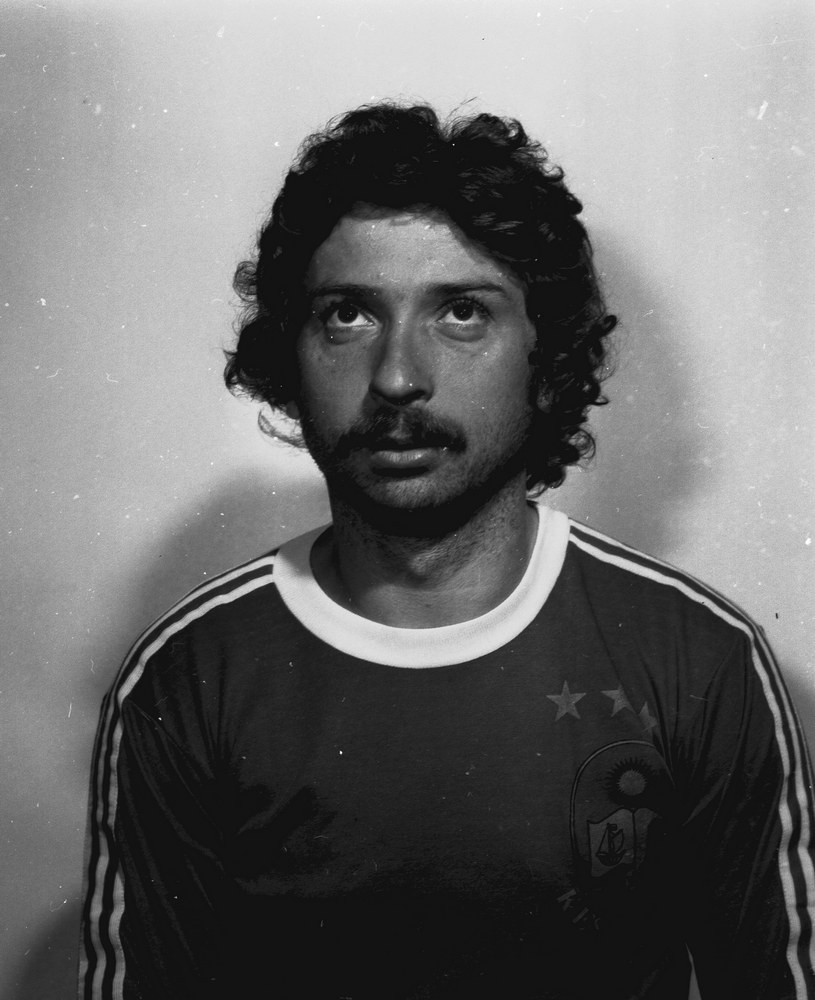
How do literary movements arise? About thirty years ago, I watched one emerge out of nothing: the subgenre of « literary » football books and magazines. Not exactly the birth of modernism, but it still taught me something about how cultural transmission works within Europe.
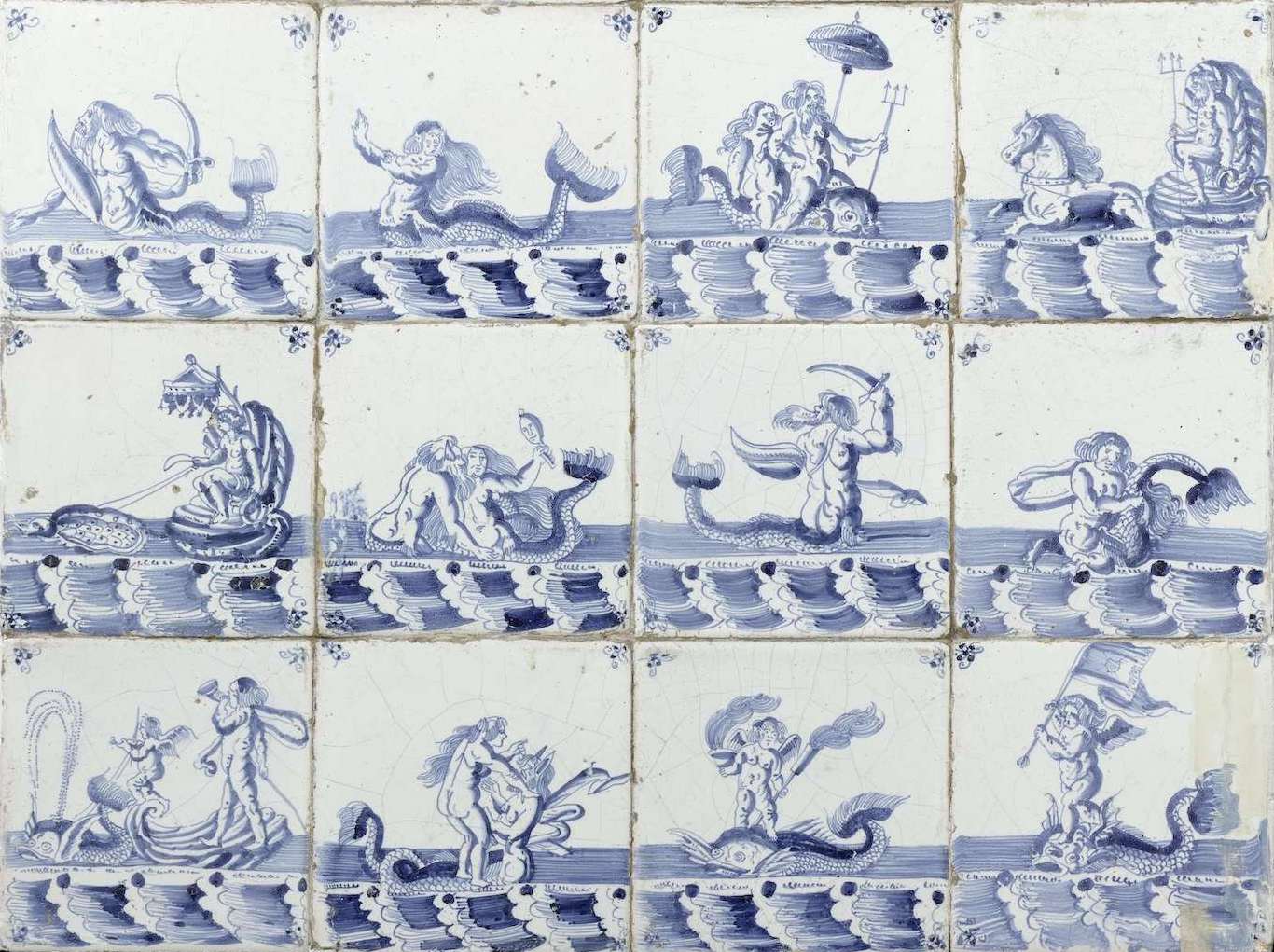
Was a Dutch town founded by Inuits in the 9th century? On American discoveries of Europe.
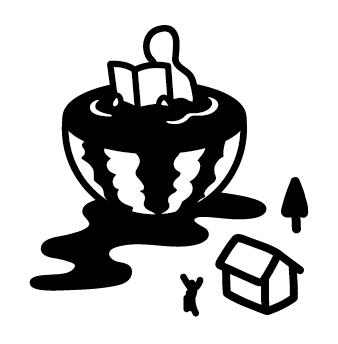
« If I were to do it again from scratch, » Jean Monnet, a founder of the European Union, supposedly said in the ’70s, « I would start with culture. » Well, who wouldn’t?

